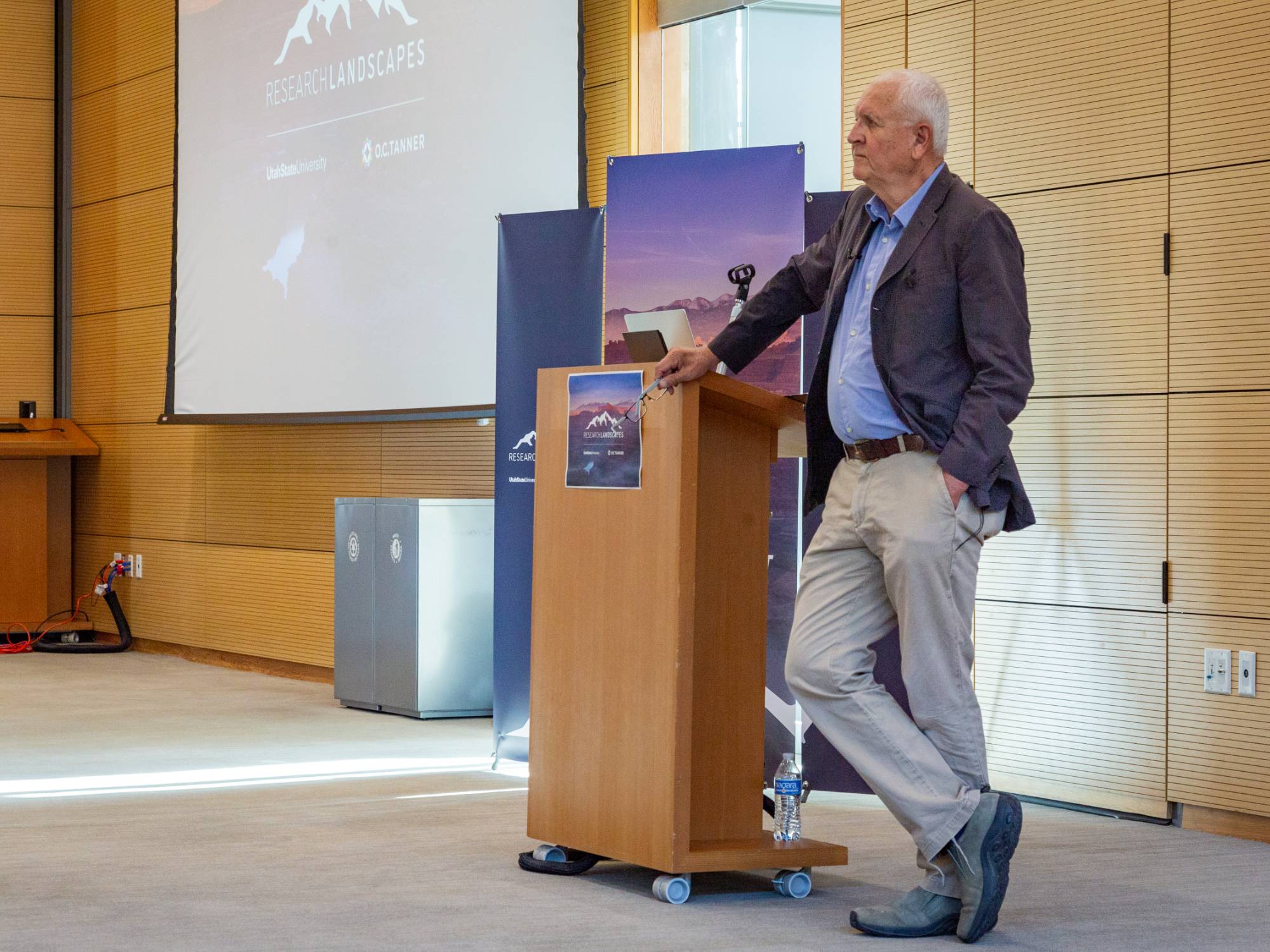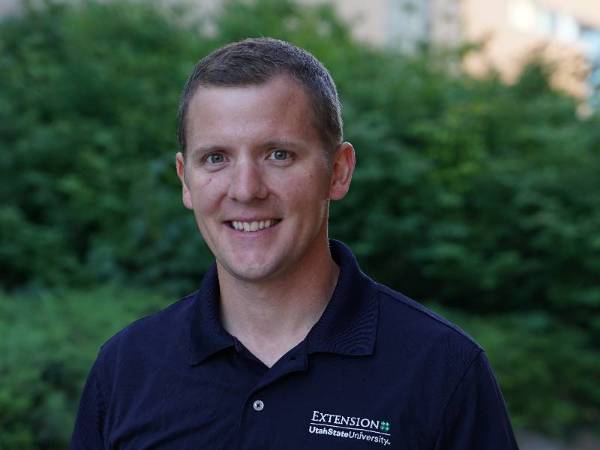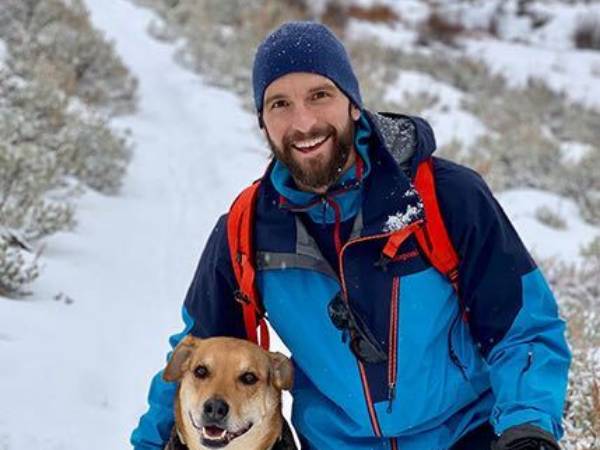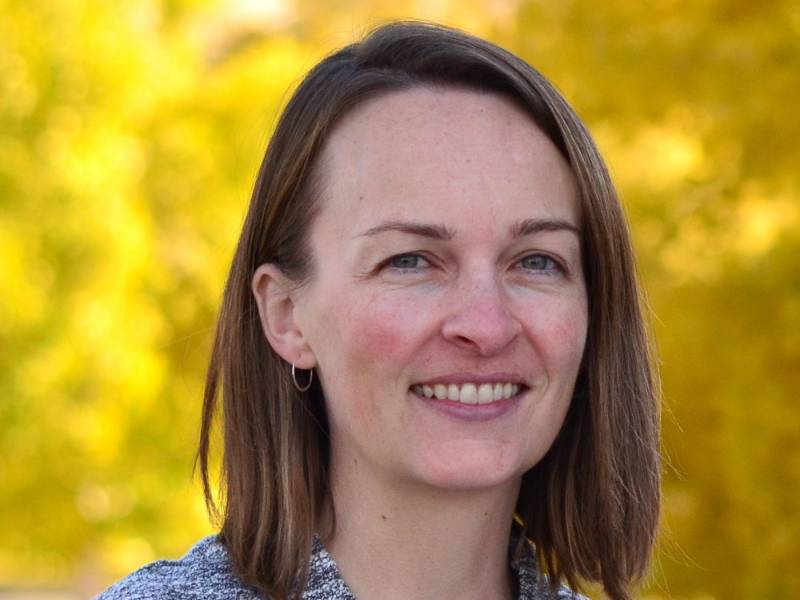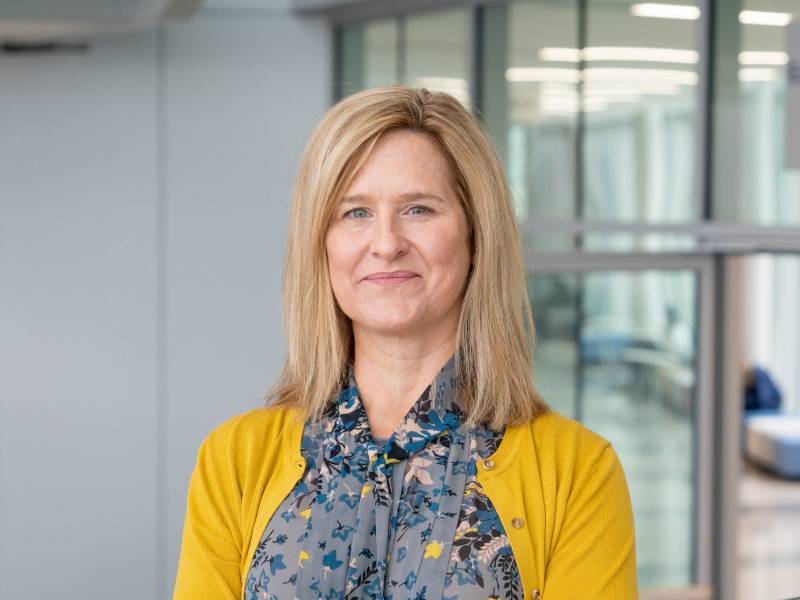Office of Research
research landscapes
News
The use of canals to transport water has a long history in Utah. Communities throughout Utah are interconnected by canals, and the water that moves through them has helped the state flourish. Now, new ideas are showing how canals can provide even more ben
Canal trails: Conserving water and moving people
The use of canals to transport water has a long history in Utah. Communities throughout Utah are interconnected by canals, and the water that moves through them has helped the state flourish. Now, new ideas are showing how canals can provide even more ben...
News
research landscapes
Office of Research
In eastern Utah’s Uinta Basin, air quality is a complicated issue. Oil and natural gas are key parts of Utah’s economy, but they also create heavy concentrations of wintertime ozone.
Air Quality in Utah’s Oil Country
In eastern Utah’s Uinta Basin, air quality is a complicated issue. Oil and natural gas are key parts of Utah’s economy, but they also create heavy concentrations of wintertime ozone.
News
Office of Research
research landscapes
During the presentation, Schmidt expanded on the information laid out in a new publication he recently released with his research colleagues. In the past 20 years, that deficit has drained Lake Powell and Lake Mead, the two largest reservoirs in the basin
The Colorado River Water Crisis
During the presentation, Schmidt expanded on the information laid out in a new publication he recently released with his research colleagues. In the past 20 years, that deficit has drained Lake Powell and Lake Mead, the two largest reservoirs in the basin...
News
research landscapes
Office of Research
This Research Landscapes featured a discussion about building stronger Utah communities, led by David Anderson, a professional practice professor at Utah State University in the Landscape Architecture and Environmental Planning department.
The Great Salt Lake Charrette Process
This Research Landscapes featured a discussion about building stronger Utah communities, led by David Anderson, a professional practice professor at Utah State University in the Landscape Architecture and Environmental Planning department.
News
Office of Research
research landscapes
Dr. Joanna Endter-Wada, Professor and Program Director in the Quinney College of Natural Resources Department of Environment & Society, discussed the future of the Great Salt Lake on November 3, 2022 as part of the USU Research Landscapes program.
The Great Salt Lake
Dr. Joanna Endter-Wada, Professor and Program Director in the Quinney College of Natural Resources Department of Environment & Society, discussed the future of the Great Salt Lake on November 3, 2022 as part of the USU Research Landscapes program.
News
Office of Research
research landscapes
A USU Extension specialist and faculty member in the Plants, Soils, and Climate department, Dr. Yost has been working with farmers across Utah to test different water optimization techniques. During the event, he discussed the pros and cons of various pr
Water Optimization on Utah's Farms
A USU Extension specialist and faculty member in the Plants, Soils, and Climate department, Dr. Yost has been working with farmers across Utah to test different water optimization techniques. During the event, he discussed the pros and cons of various pr...
Office of Research
research landscapes
News
Do communities benefit from outdoor recreation? What would happen if community leaders treated outdoor recreation as an opportunity and a public service, similar to a city's roads, police or fire department?
Utah’s Outdoor Recreation
Do communities benefit from outdoor recreation? What would happen if community leaders treated outdoor recreation as an opportunity and a public service, similar to a city's roads, police or fire department?
research landscapes
News
Office of Research
We have some choice in how or when wildfires occur, but it’s counterproductive to remove all fire from the landscape. Adjusting our perception of fire as a natural and necessary tool rather than purely as a threat can help us better manage our landscapes
Fire in the West: Appreciating the Inevitable
We have some choice in how or when wildfires occur, but it’s counterproductive to remove all fire from the landscape. Adjusting our perception of fire as a natural and necessary tool rather than purely as a threat can help us better manage our landscapes ...
Office of Research
News
research landscapes
Professor Kopp’s research efforts are focused on landscape water conservation and sustainable turfgrass management. She works directly with many of the federal, state, and municipal agencies that are working toward achieving water use efficiency in the st
Xero to Hero: Resource-Positive Landscapes
Professor Kopp’s research efforts are focused on landscape water conservation and sustainable turfgrass management. She works directly with many of the federal, state, and municipal agencies that are working toward achieving water use efficiency in the st...
research landscapes
Office of Research
News
On November 18, 2020, USU Research Landscapes featured David Anderson and Jake Powell of the Landscape Architecture & Environmental Planning department to discuss how communities can recognize, strengthen, and defend the key physical and social features t
Finding Our Sense of Place
On November 18, 2020, USU Research Landscapes featured David Anderson and Jake Powell of the Landscape Architecture & Environmental Planning department to discuss how communities can recognize, strengthen, and defend the key physical and social features t...
News
research landscapes
Office of Research
On August 11, 2020, we hosted our first-ever virtual USU Research Landscapes, featuring Utah State University researchers Zach Miller, Jordan Smith, and Jessica Schad, the trends they’ve seen recently, and the decisions that will help Utah grow wisely and
National Parks, Forgotten Resources, and Growing Wisely
On August 11, 2020, we hosted our first-ever virtual USU Research Landscapes, featuring Utah State University researchers Zach Miller, Jordan Smith, and Jessica Schad, the trends they’ve seen recently, and the decisions that will help Utah grow wisely and...
News
research landscapes
Office of Research
How should we manage our land? What’s the best way to prioritize land use? What impact do those decisions have on our economy? Do they impact the wellbeing of people in the state?
Knowledge to Improve Utah's Landscape
How should we manage our land? What’s the best way to prioritize land use? What impact do those decisions have on our economy? Do they impact the wellbeing of people in the state?
Office of Research
research landscapes
News
Good policies require good data; at this collaborative event research experts met face-to-face with Utah’s government and business leaders to share ideas and discuss proven best practices to preserve Utah’s water quality and meet the state’s growing water
Knowledge to Improve Utah's Waterscape
Good policies require good data; at this collaborative event research experts met face-to-face with Utah’s government and business leaders to share ideas and discuss proven best practices to preserve Utah’s water quality and meet the state’s growing water...
News
Office of Research
research landscapes
When it comes to addressing air pollution in the state, it’s hard to know what knobs to turn to make positive changes in our air quality. Good policies need good data to back them up.
Knowledge to Improve Utah's Airscape
When it comes to addressing air pollution in the state, it’s hard to know what knobs to turn to make positive changes in our air quality. Good policies need good data to back them up.




